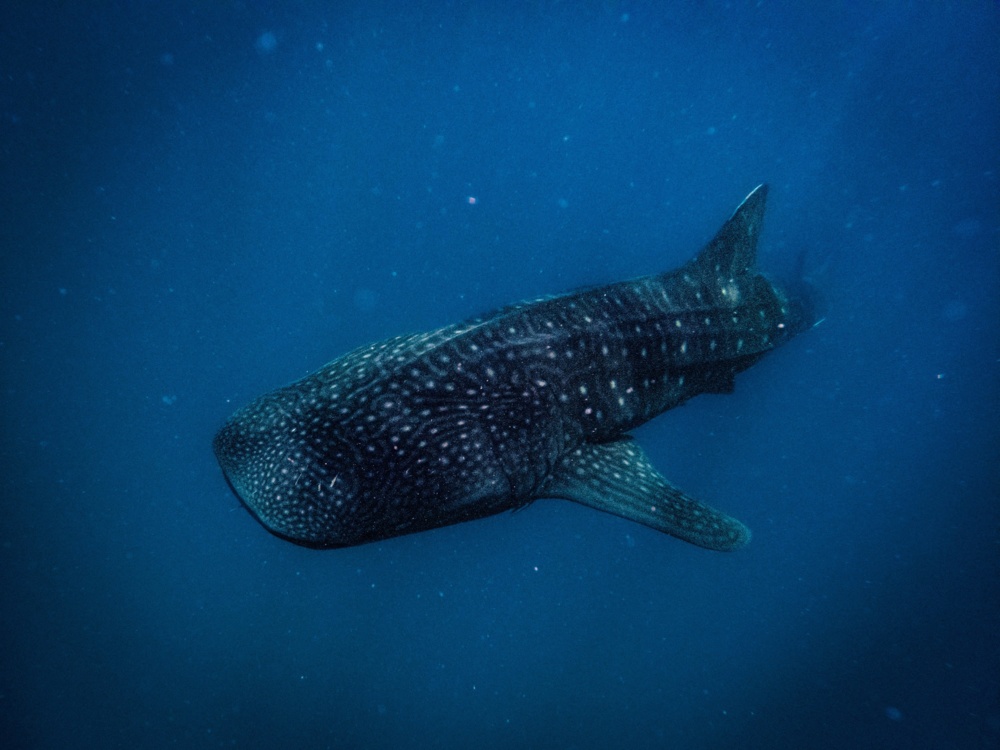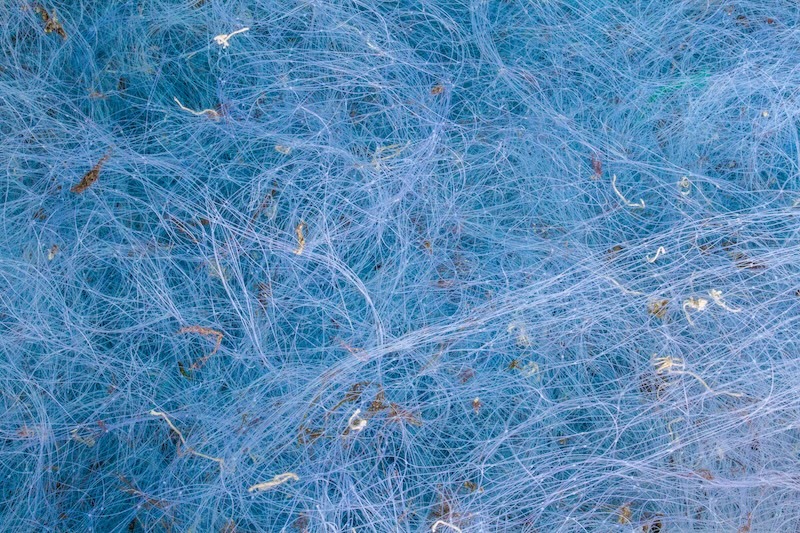
Press comment: Mission letters to new Commissioners are a starting point, but real EU environmental action needs much more, says EJF
Today, President of the European Commission Ursula von der Leyen published mission letters for her incoming cabinet of Commissioners, outlining their priorities. In response, Steve Trent, EJF CEO and Founder, said: “There is a lot to like about these letters, but there are also serious gaps, notably when it comes to protecting nature.”
“The focus in the letters to several designates, including to Executive Vice-President-designate Stéphane Séjourné, on decarbonisation and the green transition is welcome. However, if efforts to make this transition disregard nature, they will fail; a thriving natural world is critical for the EU to mitigate and adapt to the climate crisis. For this reason, the new Commissioner should discount the recommendation of the Draghi report to look at deep-sea mining as a potential source of critical raw materials - advice his mission letter endorsed, but which has been opposed by civil society - and instead ensure the EU’s existing stance against this reckless mining is upheld.”
“The heavy emphasis on fisheries in the suggested remit of Costas Kadis, the new Fisheries and Oceans Commissioner, and the comparative lack of recognition for the need to protect the EU’s marine ecosystems, is concerning. To maintain the sustainability and long-term viability of EU fisheries, biodiversity-rich ecosystems are essential, and the new Commissioner must ensure that existing EU laws to protect them are enforced. The same is true for stopping illegal seafood tainted with environmental and human rights abuses from entering the EU.”
“However, to do this, he will need to ensure sufficient resources for the European Commission services to follow up on illegalities and non-compliance. The Commissioner-designate should also take the Nature Restoration Law into full account when determining the importance of safeguarding marine biomes - particularly Marine Protected Areas - from industrial fishing and the most destructive forms of fishing, such as bottom trawling.”
“Given that funding for nature-based solutions to combat the global climate and biodiversity crises is only a third of what we need by 2030, it is heartening that finance for nature is a key priority for Commissioner-designate Jessika Roswall. However, this finance needs to be new, and include support for all ecosystems, in particular those that can deliver on climate and biodiversity goals together. Wetlands fit the bill. Despite their critical role, which also includes ensuring water security, they are currently undervalued and forgotten.”
ENDS
Notes to editors
EJF works internationally to inform policy and drive systemic, durable reforms to protect our environment and defend human rights. We investigate and expose abuses and support environmental defenders, Indigenous peoples, communities and independent journalists on the frontlines of environmental injustice. Our campaigns aim to secure peaceful, equitable and sustainable futures. Our investigators, researchers, filmmakers and campaigners work with grassroots partners and environmental defenders across the globe. Our work to secure environmental justice aims to protect our global climate, ocean, forests and wildlife and defend basic human rights. For more information, please contact media@ejfoundation.org.
SIGN UP FOR OUR EMAILS AND STAY UP TO DATE WITH EJF

